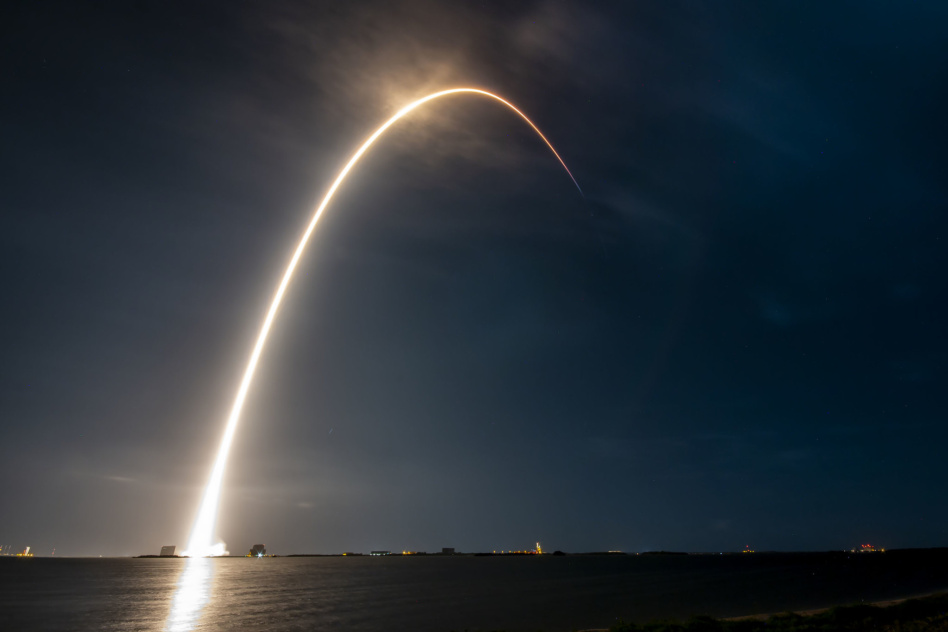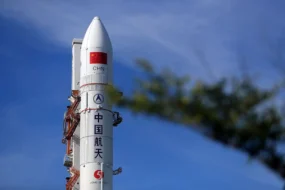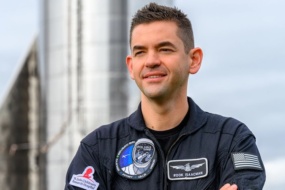The FCC adopted a new rule on Thursday that will ensure commercial launchers have access to the spectrum they need to communicate with the rocket during and after liftoff.
The successful vote to approve the rule represents the conclusion of a multi-year push to set aside specific spectrum bands for commercial launch after FCC Chairwoman Jessica Rosenworcel introduced final rule language in July .
The fine print: The rule allocates two bands of spectrum to be used by launch companies.
- The 2025 to 2110 MHz band will be used for ground-to-launch vehicle communications.
- The 2200 to 2290 MHz band will be used to transmit launch telemetry data back to Earth.
The latter band was previously reserved for the government, but was used by commercial operators who applied for a special license.
“Establishing this spectrum allocation and licensing framework will provide regulatory certainty and improved efficiency for these operations while protecting federal incumbents that also use the spectrum,” according to an FCC press release.
The FCC left the door open for additional changes, including the possibility of setting aside more spectrum bands for commercial launch operations.
Ramp up: The rapidly increasing pace of launch makes the need for additional spectrum allocations even more urgent, according to the FCC. The commercial launch industry has grown from nine launches in 2015 to 79 in 2022, and is on pace to exceed 100 launches this year.
“Each of these launches requires the use of radio spectrum to download data from the rocket as well as to send control signaling during the launch,” the press release said.




